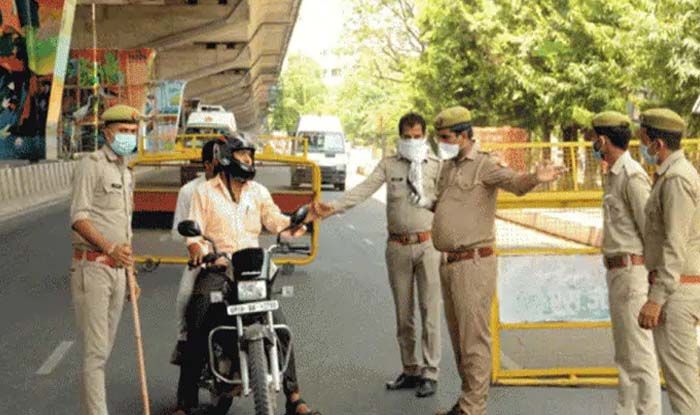New Delhi, Oct 21 (IANS) Delhi Traffic Police has issued over 1.5 lakhs challan for not having valid Pollution Under Control Certificate (PUCC) till October 15 this year, an officer said on Friday.
According to a data shared by the police, as many as 1.18 lakh two-wheelers were challaned till October 15, this year, which included 69,190 motorcycles and 49,219 scooters.
Apart from two-wheelers, the traffic cops have challaned 33,754 cars, 1,556 three-seaters, 1,139 ‘Chota Hathis’ (pickups), 795 large goods vehicle, 720 vans, 350 taxis, and 333 trucks who were not able to produce a PUC certificate.
According to traffic cops, they are taking various steps to check and control air pollution in the city, which also includes enforcement of the directions issued by the Supreme Court, High Court, National Green Tribunal, CAQM, CPCB, Environment Department, Delhi government and other authorities to maintain ambient air quality.
“Air Pollution is a major problem in India, and it is caused by a number of factors, including emission from vehicles. A valid PUCC certifies that a vehicle has passed a pollution control test and is emitting gases like carbon monoxide, nitrogen oxides and hydrocarbons, etc within prescribed range,” said the official.
“The vehicles plying without valid PUCC are booked under section 190 (2) Motor Vehicle Act, 1988 & 115 Central Motor Vehicle Rules, 1989 and prescribed punishment is fine of Rs 10,000 including disqualification of licence for three months during first offence,” he added.
“The prosecution against vehicles without pollution certificates is aimed at the safety of the environment in public interest and the Delhi Traffic Police has started a campaign against vehicles without PUCC through E-Challan Machines. The comparative data of the last four years shows a growing trend of PUCC violations,” said the official.
“There has been a significant increase in the number of challans issued without PUCC during the corresponding period up to October 15, 2023 except during the Covid restriction period in the year 2020. This suggests an increased focus on enforcing pollution control regulations and to ensure vehicles have proper PUCC documentation,” he said.

